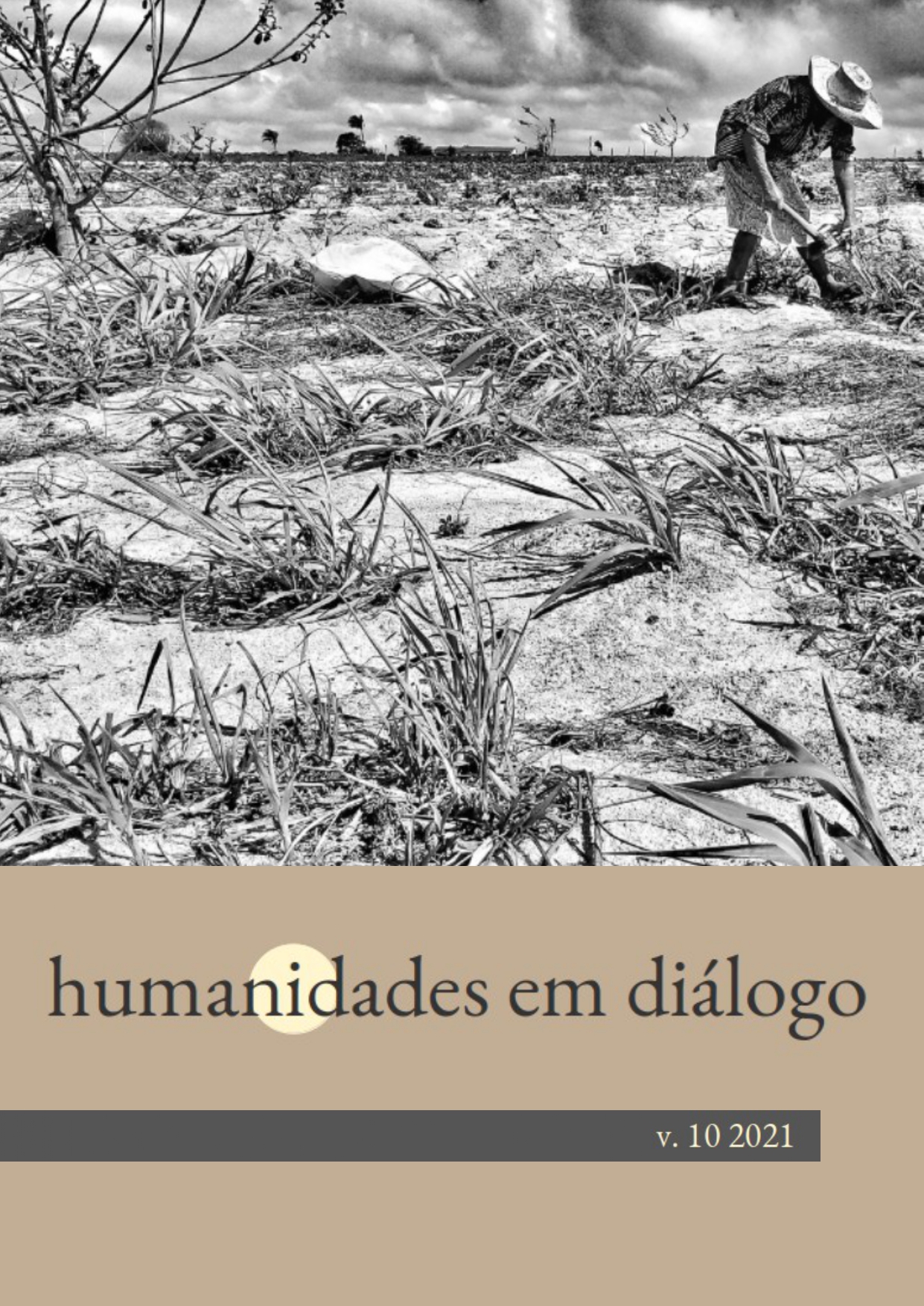Experiências de famílias com a política de licença parental compartilhada do Reino Unido
DOI:
https://doi.org/10.11606/issn.1982-7547.hd.2021.159336Palavras-chave:
igualdade de gênero, paternidade, licença parental, licença compartilhadaResumo
A partir de entrevistas com foco em vivências pessoais e familiares, foram observadas as experiências de famílias com a política de licença parental compartilhada do Reino Unido, cerca de dois anos após a implantação da medida, criada em 2015. O foco se dá em seu potencial de ampliar a participação dos pais no cuidado dos filhos e no trabalho doméstico, fomentando, desse modo, equidade de gênero. A política ainda é incipiente e, por enquanto, ainda não se mostra eficiente em atingir grande proporção de famílias, carecendo de incentivos para que mais homens decidam aderir. Entretanto, apresenta aspectos positivos para mulheres no mercado de trabalho e demonstra a disposição dos pais em participar.
Downloads
Referências
ADDATI, L.; CASSIRER, N.; GILCHRIST, K. Maternity and paternity at work: Law and practie across the world. Genebra: International Labour Office, 2014.
BARTH, E; KERR, S.P.; OLIVETTI, C. The Dynamics of Gender Earnings Differentials: Evidence from Establishment Data. The National Bureau of Economic Research, 2017.
BRASIL. Senado Federal. Proposta de Emenda à Constituição n° 16, de 2017. Altera o § 1º art. 10 do Ato das Disposições Constitucionais e Transitórias, para dispor sobre a licença-maternidade compartilhada. Diário do Senado Federal, nº 50, 27 de abril de 2017, pp. 176-184. Disponível em: https://www25.senado.leg.br/web/atividade/materias/-/materia/129032. Acesso em junho de 2019.
DAHL, G. B.; LØKEN, K. V.; MOGSTAD, M. Peer effects in program participation. American Economic Review, Vol. 104, 2014.
DERMOTTI, E. New fatherhood in practice? Parental leave in the UK. International Journal of Sociology and Social Policy, Vol. 21, No. 4/5/6, 2001.
DUVANDER, A.; JOHANSSON, M. What are the effects of reforms promoting father’s parental leave use?. Journal of European Social Policy, Vol. 22, 2012.
FLEISHCHMANN, A.; SILVERDING, M. Reactions toward men who have taken parental leave. Does the lenght of leave matter?. Springer Science+Business Media New York, 2015.
GOLDIN, C.; KERR, S.P.; OLIVETTI, C.; BARTH, E. The Expanding Gender Earnings Gap: Evidence from the LEHD-2000 Census. American Economic Review: Papers and Proceedings, 2017.
INTERNATIONAL LABOUR ORGANIZATION (ILO). Women at work: Trends 2016. Genebra: International Labour Office, 2016.
KAUFMAN, G. Barriers to equality: why British fathers do not use parental leave. Community, Work & Family, vol. 21, 2018.
MACHADO, C.; PINHO NETO, V. The Labor Market Consequences of Maternity Leave Policies: Evidence from Brazil, 2016. Disponível em: https://portal.fgv.br/sites/portal.fgv.br/files/the_labor_market_consequences_of_maternity_leave_policies_evidence_from_brazil.pdf. Acesso em junho de 2019.
MCANDREW, F.; THOMPSON, J. Fellows L et al. Infant Feeding Survey 2010. NHS Health and Social Care Information Centre, 2012.
O’BRIEN, M. Fathers, parental leave policies, and infant quality of life: International perspectives and policy impact. The ANNALS of the American Academy of Political and Social Science, Vol. 624, No. 1, 2009.
O'NEIL, J.; WEBBER, D. Average household income, UK: Financial year ending 2018. Office for National Statistics, 2019.
Shared Parental Leave and Employer Guide. https://www.gov.uk/shared-parental-leave-and-pay-employer-guide. Acesso em junho de 2019.
WARWICK-CHING, L. Childcare costs rise steadily across the UK. Financial Times, 28 de fevereiro de 2019. Disponível em: https://www.ft.com/content/5eca0294-3b4c-11e9-b72b-2c7f526ca5d0. Acesso em junho de 2019
Downloads
Publicado
Edição
Seção
Licença
Copyright (c) 2021 Letícia Paiva

Este trabalho está licenciado sob uma licença Creative Commons Attribution-NonCommercial-NoDerivatives 4.0 International License.




3.png)


